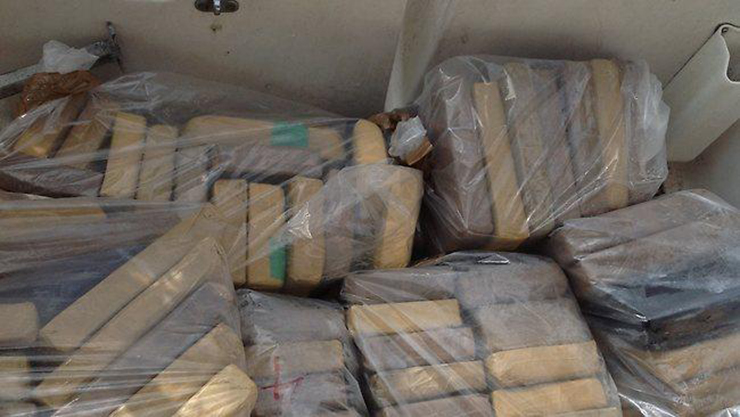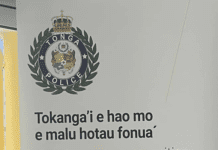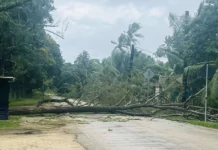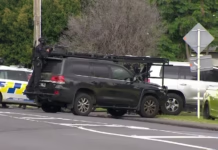Tonga is facing a deepening methamphetamine crisis, with experts warning that its growing local drug market is being fueled by transnational trafficking networks linked to New Zealand and Australia.

Although Tonga’s Minister of Police, Piveni Piukala, recently celebrated a dramatic 98.8% drop in methamphetamine seizures — from over 45 kilograms last year to just 71 grams this year — police continue to arrest individuals involved in drug-related activities, including meth distribution and cannabis cultivation on Tongatapu.
Recent raids in areas such as Hauloto, Fua‘amotu, and Fasi have led to multiple arrests and the seizure of methamphetamine, cannabis plants, drug paraphernalia, and cash.
Last week, on July 14, the Supreme Court convicted Penisimani Tuifua Angilau for supplying methamphetamine, threatening a police officer in March 2024, and committing money laundering.
A leading Pacific crime expert says Tonga, once a quiet transit point for international drug cartels, is now grappling with the social, health, and law enforcement fallout of meth use — a shift driven by traffickers paying local facilitators in drugs instead of cash.
Jose Sousa-Santos, associate professor of practice at the University of Canterbury’s Pacific Regional Security Hub, told RNZ’s Pacific Waves that Tonga has been used as a transport hub for the flow of methamphetamine and cocaine from North and South America, and Southeast Asia, to Australia and New Zealand.
Sousa-Santos explained that over the past five years, the dynamics of drug trafficking in the Pacific have shifted — from paying local distributors in cash to compensating them with drugs — due to the increasing failure to prevent the spread of illicit substances into Pacific communities.
“This is where we started to see the development and the growth of a local market, not just in Fiji, but in Tonga and other Pacific Island countries,” Sousa-Santos was quoted by the Pacific Wave as saying.
“Because if you’re being paid in drugs, by selling those drugs, you can make more than the agreed upon amount.”
Sousa-Santos also said that deportees from the US, Australia, and New Zealand were part of the evolving drug trade dynamic.
While only a small number of these deportees were involved in criminal activity, many struggled to reintegrate due to a lack of understanding of local culture and language, as well as limited employment opportunities.
As a result, some began reconnecting with criminal counterparts in the countries from which they were deported.
These individuals introduced new tactics that Pacific law enforcement agencies were unprepared for, contributing to the evolution of drug smuggling and criminal enterprises in the region.
As Kaniva News recently reported, Koli Moa, a Tongan deportee from the US, was sentenced to nearly two years in prison after pointing a pistol at a hotel staff member’s head and being later arrested in possession of illicit drugs.







